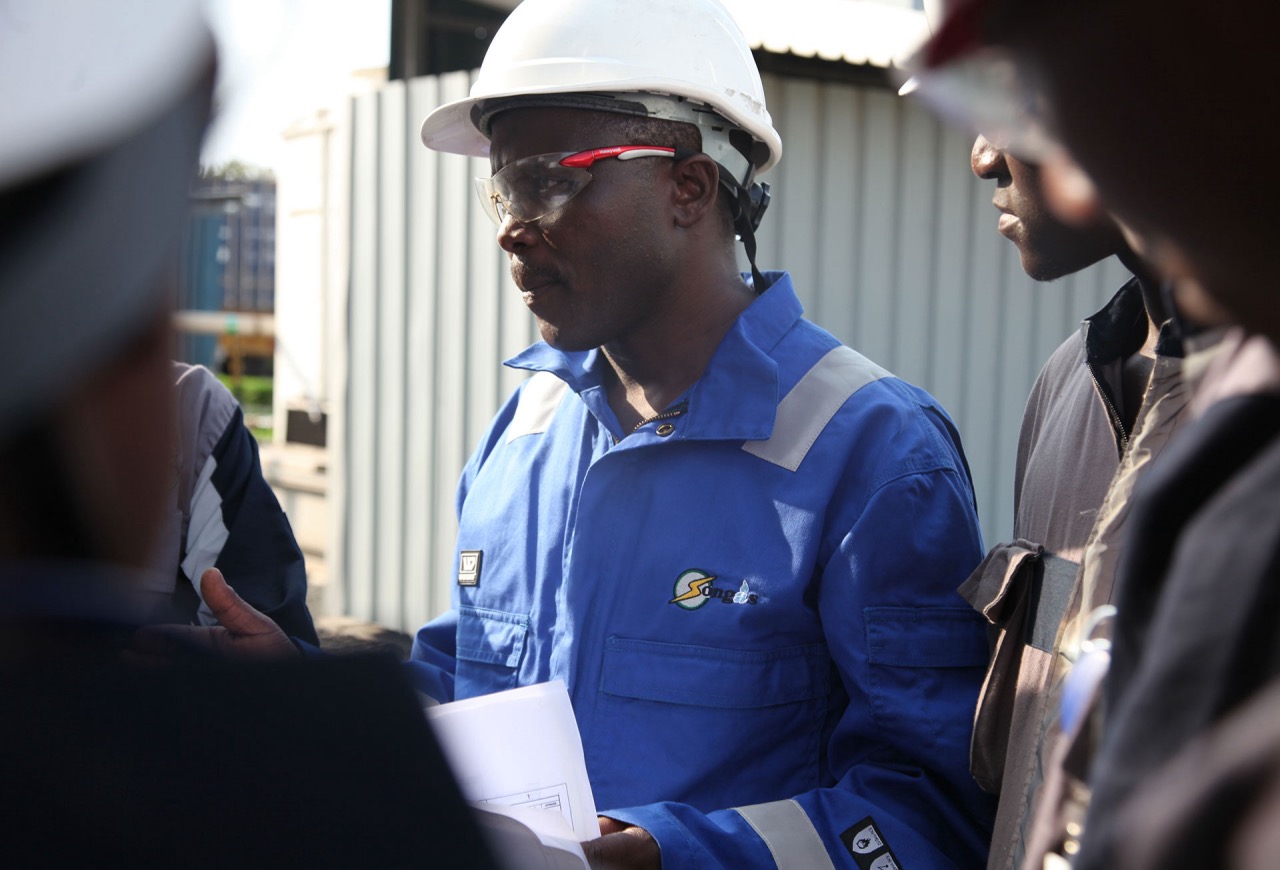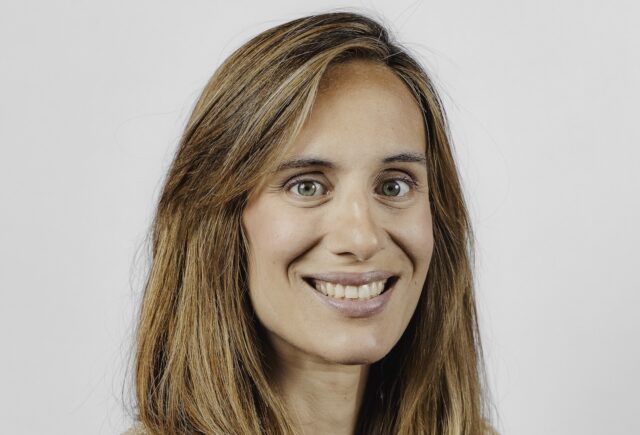CDC Group has been formally renamed as British International Investment (BII), a name which the organisation says better reflects the scope of its work. BII will play a key role in the government’s plans to mobilise up to £8 billion a year in investments in international projects

The UK development finance institution CDC Group has formally changed its name to British International Investment (BII), which they believe better reflects their role as part of the UK government’s financing offer.
The investment agency was originally known as the Colonial Development Corporation when it was founded in 1948 with a brief to “do good without losing money’.
The absence of the word ‘development’ in the new name, which was announced last November, has been seen by some in the sector as underscoring a shift in UK development policy towards debt investment, and away from grant-based aid.
In recent years, the UK government has sought to place more emphasis in its overseas development spending policy on remedying the shortage of finance for the private sector than on grants.
Nick O’Donohoe, BII’s CEO, said the organisation remained committed to investing long-term, patient capital to bring about development in emerging economies.
Announcing the name change, he said: “We will continue to solve the biggest global development challenges by investing patient, flexible capital to support private sector growth and innovation. And, we will help to alleviate poverty by building productive, sustainable and inclusive economic outcomes for those that need fair and transparent investment the most.”
The organisation plans to invest between £1.5 and £2 billion per year in green infrastructure, technology and other sectors to support people in Africa, Asia and the Caribbean to build better lives for themselves and their communities.
New investments
The government has said BII will play a major role in its wider plans to mobilise up to £8 billion a year of public and private sector investment in international projects by 2025, mainly in Africa, Asia and the Caribbean.
As part of this, BII would partner capital markets and sovereign wealth funds to scale up financing and help develop the private sector. At least 30% of BII’s total new commitments over the next five years will go to climate finance, according to its current plan.
In recent weeks, the organisation has announced a number of new investments, adding to the acquisition announced in March by BII-owned KELIX bio of Pharmaceutical Institute, a Moroccan-headquartered drug producer and distributor.
New investments include a commitment to provide a total of $89 million to scale up clean energy capacity in India over the long term, in an effort to provide alternatives to rising coal consumption.
The investment comprises an INR 3.5 billion ($47 million) follow on commitment to renewables business Fourth Partner Energy, and an INR 3.15 billion ($42 million) project finance debt investment to Thar Surya 1 Private Limited, an Indian subsidiary of Italian power firm Enel.
The Fourth Partner Energy investment is to fund some 294 megawatts (MW) of greenfield renewable generation capacity in India, Sri-Lanka, Bangladesh, Indonesia and Vietnam.The $42 million debt investment to Thar Surya, is to help fund an estimated $200 million project for development, construction, and maintenance of a 300 MW solar project in India.
Last month, BII and Norfund, the Norwegian investment fund for developing countries, announced a commitment to invest ZAR 600 million (€37.43 million) in H1 Capital, a South-African black-owned and managed renewables investment and development firm. The investment aims to mobilise climate finance and support clean infrastructure projects across Africa.
Further reading | Profile: CDC Group committed to staying Africa’s biggest investor






